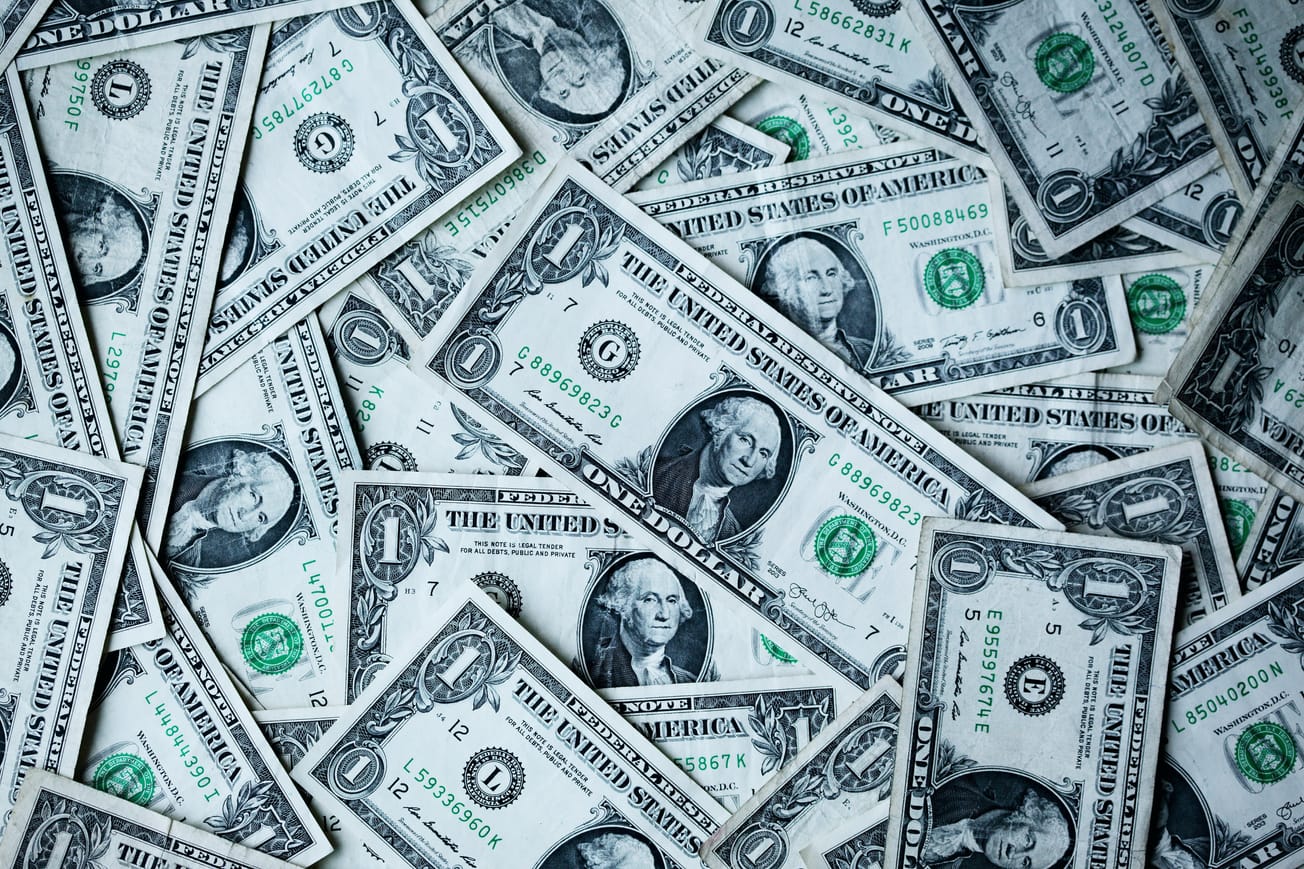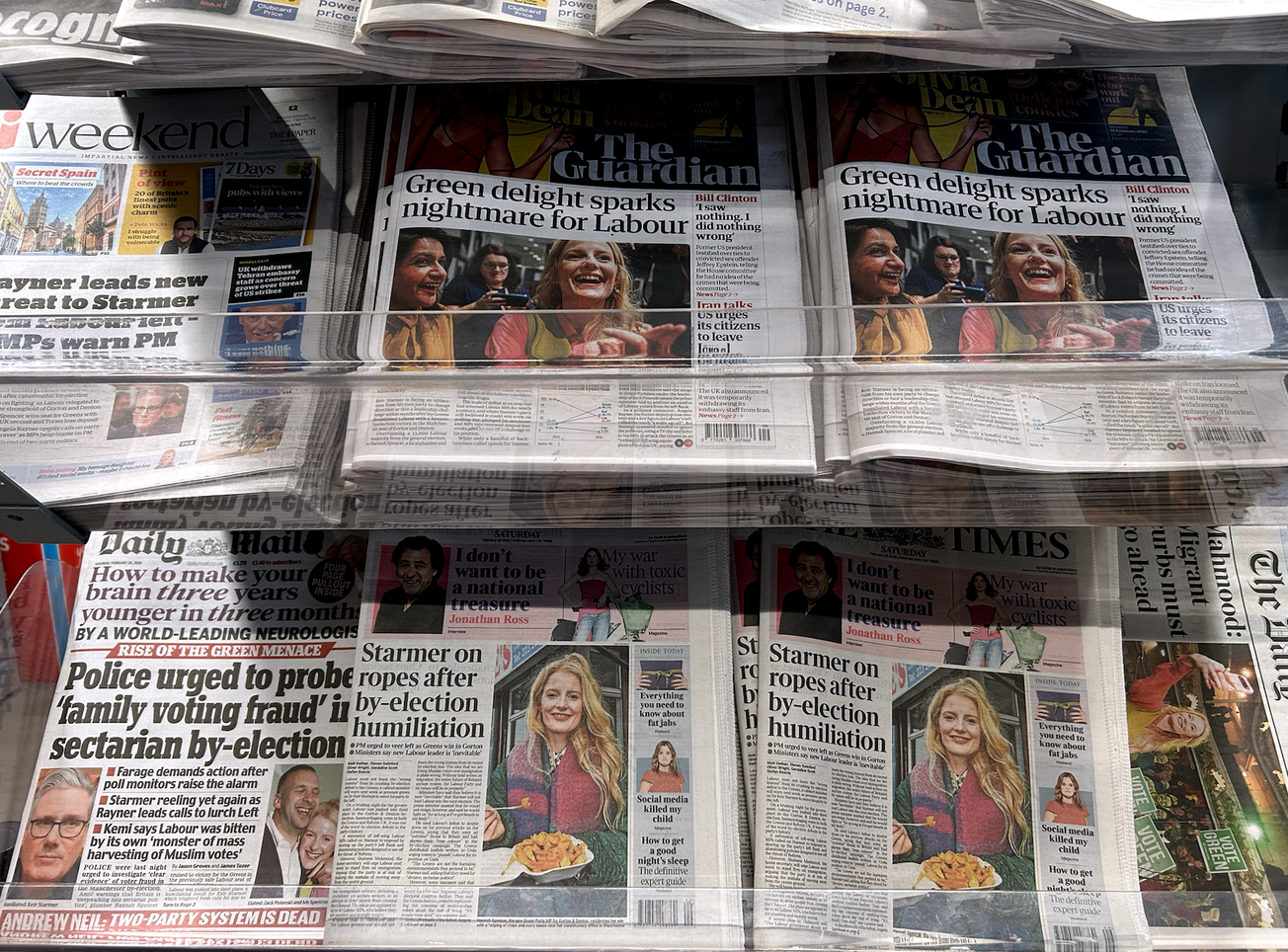By Lilja Nassar, Second Year, English
We are continuously exposed to the false rhetoric of extreme affluence acquired through diligence and hard work, an expression of the familiar ‘American Dream’ which has expanded to infect the rest of the world. Whilst there are no trillionaires in the world currently, multi-billionaires, like Elon Musk, with a net worth of $263.8 billion , are creeping dangerously close. Firstly, we have to question: Can the wealth level of billionaire behemoths such as Elon Musk and Jeff Bezos be credited to legitimate hard work? Wealth of this magnitude is more often than not at least partially inherited, with The Financial Times reporting in 2023 that ‘$151bn was passed on to 53 heirs’ , or then ‘earned’ through shameless labour exploitation, so the gullible belief that this money is rightfully possessed through ‘hard labour’ is at best unconvincing. Wealth claimed through the exploitation of workers is far too common of an issue, for example, during COVID-19, when Jeff Bezos made capital by severely underpaying his warehouse and delivery workers, putting their health at risk for profit . So, can wealth really be accumulated through a ‘fair market’ if the market is intrinsically unfair and fraudulent?
If the ethics of multi-billionaires are already compromised, reaching a trillionaire status would most certainly not be ethical either. What is particularly harrowing, however, is how these billionaires view raising wages as so unreasonable. After all, how would they maintain their billionaire status if they paid their employees more than £11.44 an hour? There is simply no ethical defence for these billionaires’ ‘spontaneous deprivation’. To add salt to the wound, the super-rich are celebrated by magazines such as Forbes, continuously praised despite their shocking lack of empathy. The glorification of billionaires in the media furthers apathy, promoting a self-serving mindset to the general population, inducing moral degradation and a lack of concern for basic ethics.
The ultra-rich are known to possess a myriad of frivolous items, from super-yachts to private jets. Billionaires are objectively grossly negligent of their carbon footprint and its impact on the general population, with Jeff Bezos’ two private jets emitting ‘as much carbon as the average US Amazon employee would in 207 years’. Whilst some of the environmentally unfriendly expenses of billionaires are absolved by society due to their philanthropic donations, this ignores the underlying issue and is used as a cover-up tactic to dissuade people from questioning the ethics and necessity of these expenses. Despite billionaires’ big show of their charitable concessions, in terms of their net worth, they’re barely making a dent in their finances. In fact, wealth-hoarding is a pressing issue where billionaires are holding their wealth in static assets and thereby not even contributing to the economy. Therefore, we cannot naively trust that they will use their huge wealth for the greater good of the rest of society. Extreme wealth does not encourage generosity; contrarily, it promotes corruptive greed and a need to perpetually churn out more and more money.
A concentration of economic wealth within a single person is undeniably daunting, so can we ever feel comfortable with one person having so much control over not only our economic but also social welfare? There is a common misconception that billionaires live in their own bubbles and that their wealth affects only their quality of life. In reality, the wealth of billionaires affects us all, masses of wealth allow for a bigger contribution to societal structures. Their unfair edge in policymaking makes their impact on our lives more prevalent than we even realise. A contemporary example would be Elon Musk’s furious endorsement of Donald Trump’s presidential campaign, where he ‘announced that he would give away one million each day to registered voters in battleground states’ if they vote for Trump. Despite the illegal nature of this, the notion that it is even possible to manipulate social change with cold, hard cash is terrifying – can we confidently trust those in positions of power won’t be corrupted? We might as well ask ourselves: is it ethical for loaded tyrants to have practically complete authority over our social welfare?








